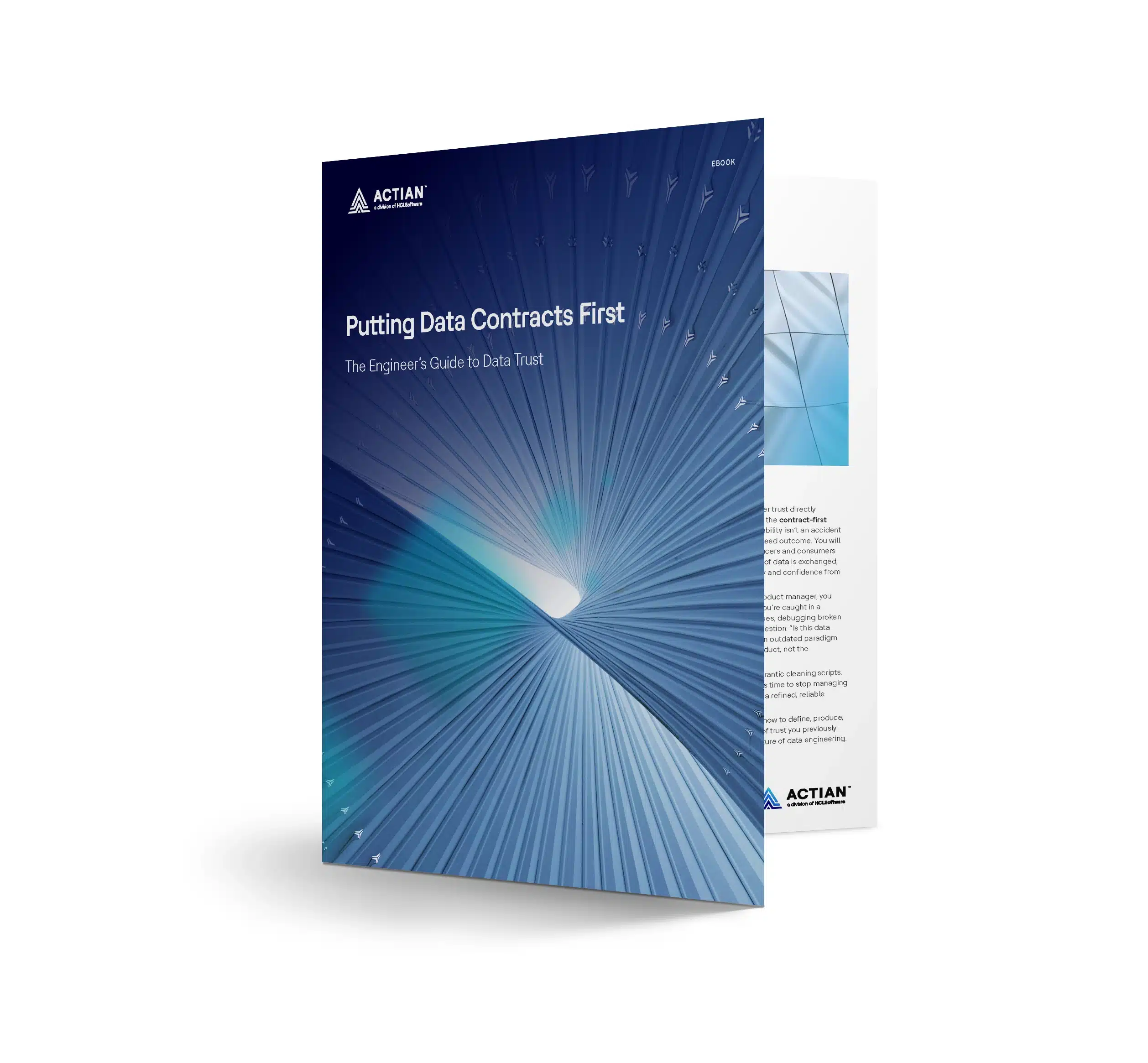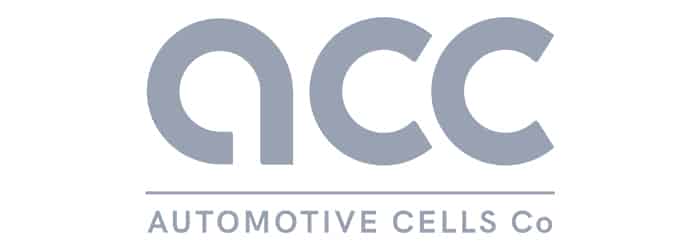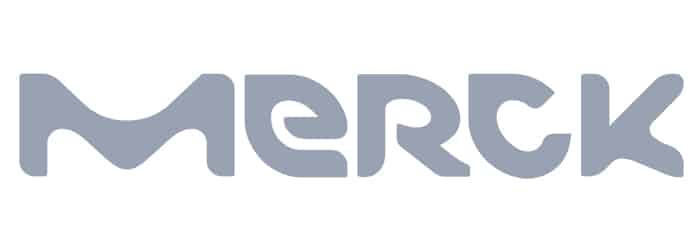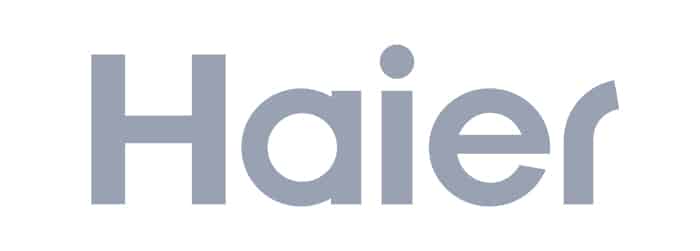Putting Data Contracts First
Frustrated with data quality issues and project delays? The traditional data management approach is flawed, trapping teams in a cycle of reactive fixes rather than generating value.
This eBook provides a practical framework for treating data as a high-quality product that’s governed by data contracts.
Learn to build clear agreements between data producers and consumers by defining schema, quality, and access rules before data is ever used. It’s the “shift-left” approach to data governance that finally works.













The Engineer’s Guide to Building Data Trust
Inside, you’ll discover how to:
• Mitigate data issues before they hit production.
• Enable self-service data discovery.
• Embed governance into data pipelines.
• Build a reliable data foundation.
It’s an essential blueprint for:
Data Engineers who want to stop firefighting and build resilient, automated systems.
Data Stewards who need a practical way to enable decentralized ownership.
Data Product Managers responsible for delivering valuable and trusted data assets.
Ready to Govern With Confidence?
Download your free eBook now.
(i.e. sales@..., support@...)







